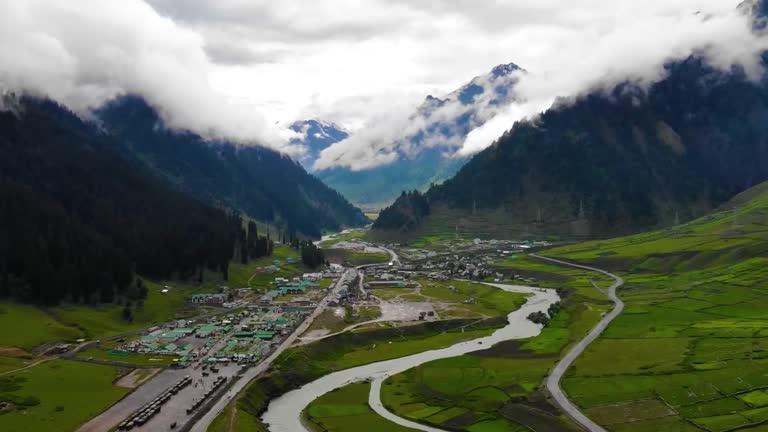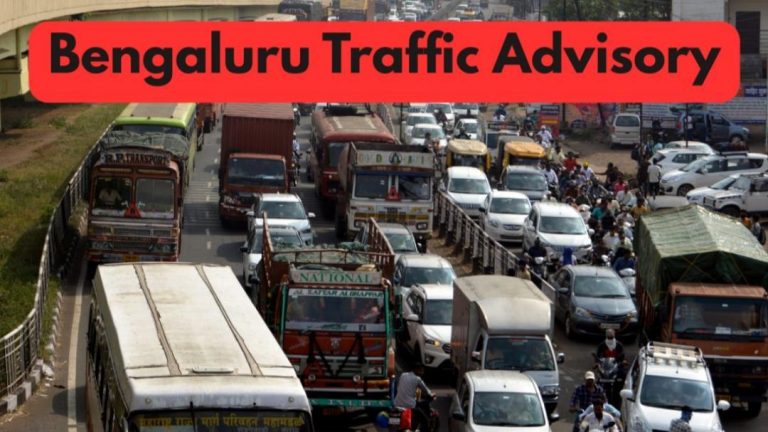
Over 83,000 non-state subjects received J&K domicile: State Govt
In a recent development, the Jammu and Kashmir Revenue Department has revealed that over 83,000 people, or ‘non-state subjects’, have received domicile certificates in the state of Jammu and Kashmir in the last two years. This information was provided in a written reply to PDP’s Waheed ur Rehman Para, where the department stated that 35,12,184 certificates were issued through the department in the last two years.
The domicile certificate is a crucial document that grants individuals the right to live, work, and own property in Jammu and Kashmir, a region with a complex history and demographic landscape. The certificate is issued to individuals who have lived in the state for a certain period, have a proven connection to the region, or have been granted special permits.
The revelation has sparked a heated debate about the implications of the domicile certificates on the demographics of Jammu and Kashmir. Some have expressed concerns that the large-scale issuance of domicile certificates could alter the region’s demographic balance, while others argue that it is a step towards normalizing the region’s governance and allowing long-term residents to enjoy the same rights as permanent residents.
The domicile certificate was introduced in 2019 as part of the Jammu and Kashmir Reorganisation Act, which merged the state of Jammu and Kashmir with the Union Territory of Ladakh. The act aimed to give greater autonomy to the region and provide a framework for governance. However, the introduction of the domicile certificate has raised concerns about the definition of a ‘local’ and the criteria for granting the certificate.
The certificate is granted based on a set of criteria, including residency, employment, business, and family connections. Individuals who have lived in the state for at least 15 years, have a proven connection to the region, or have been granted special permits can apply for the certificate. However, the criteria have been criticized for being too broad, allowing individuals who have no real connection to the region to apply for the certificate.
The issuance of domicile certificates has been a contentious issue in Jammu and Kashmir, with different political parties and groups having different views on the matter. Some have argued that the certificates should be granted only to permanent residents of the region, while others believe that long-term residents should also be eligible.
The recent revelation has sparked a debate about the implications of the domicile certificates on the demographics of Jammu and Kashmir. Some have expressed concerns that the large-scale issuance of domicile certificates could alter the region’s demographic balance, leading to changes in the local culture and identity.
For instance, the Jammu and Kashmir National Conference (NC) has expressed concerns that the domicile certificates could lead to an influx of outsiders into the region, which could alter the demographic balance and threaten the local culture. The party has called for a review of the criteria for granting domicile certificates and has demanded that the government take steps to protect the interests of permanent residents.
On the other hand, some have argued that the domicile certificates are a step towards normalizing the region’s governance and allowing long-term residents to enjoy the same rights as permanent residents. They argue that the certificates will help to create a more inclusive and equitable governance system, where all residents of the region are treated equally.
The domicile certificate is not the only issue that has sparked controversy in Jammu and Kashmir. The region has a complex history and demographic landscape, with different communities and groups having different claims to the region. The region has been a subject of dispute between India and Pakistan since the partition of the subcontinent in 1947.
The issue of domicile certificates is also linked to the ongoing debate about the citizenship of Jammu and Kashmir. The region has a special status under Article 370 of the Indian Constitution, which grants it autonomy in certain matters. However, the repeal of Article 370 in August 2019 has raised questions about the citizenship of the region’s residents.
The domicile certificate is seen as an attempt to resolve the issue of citizenship and provide a framework for governance in the region. However, the controversy surrounding the certificate highlights the complex and contentious nature of the issue.
In conclusion, the revelation that over 83,000 non-state subjects have received domicile certificates in Jammu and Kashmir in the last two years has sparked a heated debate about the implications of the domicile certificates on the demographics of the region. While some have expressed concerns about the potential impact on the local culture and identity, others argue that the certificates are a step towards normalizing the region’s governance and creating a more inclusive and equitable system.
Ultimately, the issue of domicile certificates in Jammu and Kashmir is a complex and contentious one, with different political parties and groups having different views on the matter. However, one thing is clear: the certificate has the potential to alter the demographic balance of the region and has significant implications for the region’s governance and identity.
Source: https://thecsrjournal.in/non-state-subjects-received-domicile-certificates-last-two-years-jk-govt/






